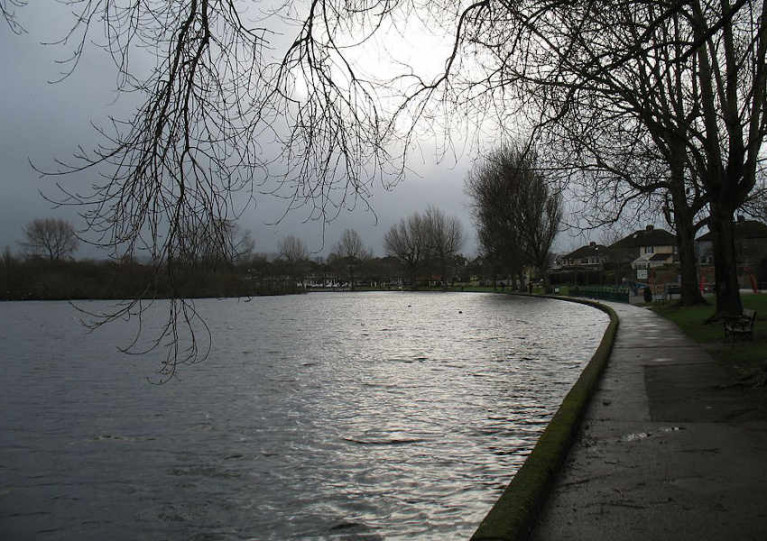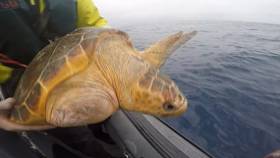Displaying items by tag: Turtles
Turtles Could Spell Trouble For Cork Lough, City Officials Fear
Turtles spotted basking in Cork City’s Lough have raised concerns over the balance of its fragile ecosystem, as the Irish Examiner reports.
The seven amphibians, which could be freshwater terrapins, are believed to have been unwanted pets released into the Lough which lies south-west of the city centre.
But their presence poses a biosecurity hazard in a body of water that only two years ago saw its carp population fall victim to carp edema virus.
Local Independent Cllr Mick Finn said: “The Lough is such an amazing resource, both as a wildfowl sanctuary and as a recreational amenity — this highlights again the need for constant vigilance and for investment in it.”
The Irish Examiner has more on the story HERE.
#Turtles - Two rescued loggerhead turtles have been returned to the ocean by the crew of LÉ Róisín as the Naval Service vessel makes its way to the Mediterranean on deployment.
According to RTÉ News, the Naval Service were only happy to oblige when contacted by Dingle Oceanworld about the possibility of releasing Una and Tallula.
The former was nursed back to health at the Dingle marine wildlife sanctuary after she was found at Barryroe in West Cork last December.
LÉ Róisín releases rescued turtles while en route to Mediterranean (Vid:Irish Naval Service) https://t.co/yyrasAbj23https://t.co/xJ8iSENsdr
— RTÉ News (@rtenews) May 5, 2016
She was joined on the OPV by Tallula, a turtle washed up in Cornwall who was treated at Newquay's Blue Reef Aquarium and flown into Dingle especially for release.
As previously reported on Afloat.ie, LÉ Róisín and its 57-strong crew are headed to the Mediterranean as the first deployment for the Naval Service this year under Operation PONTUS.





























































